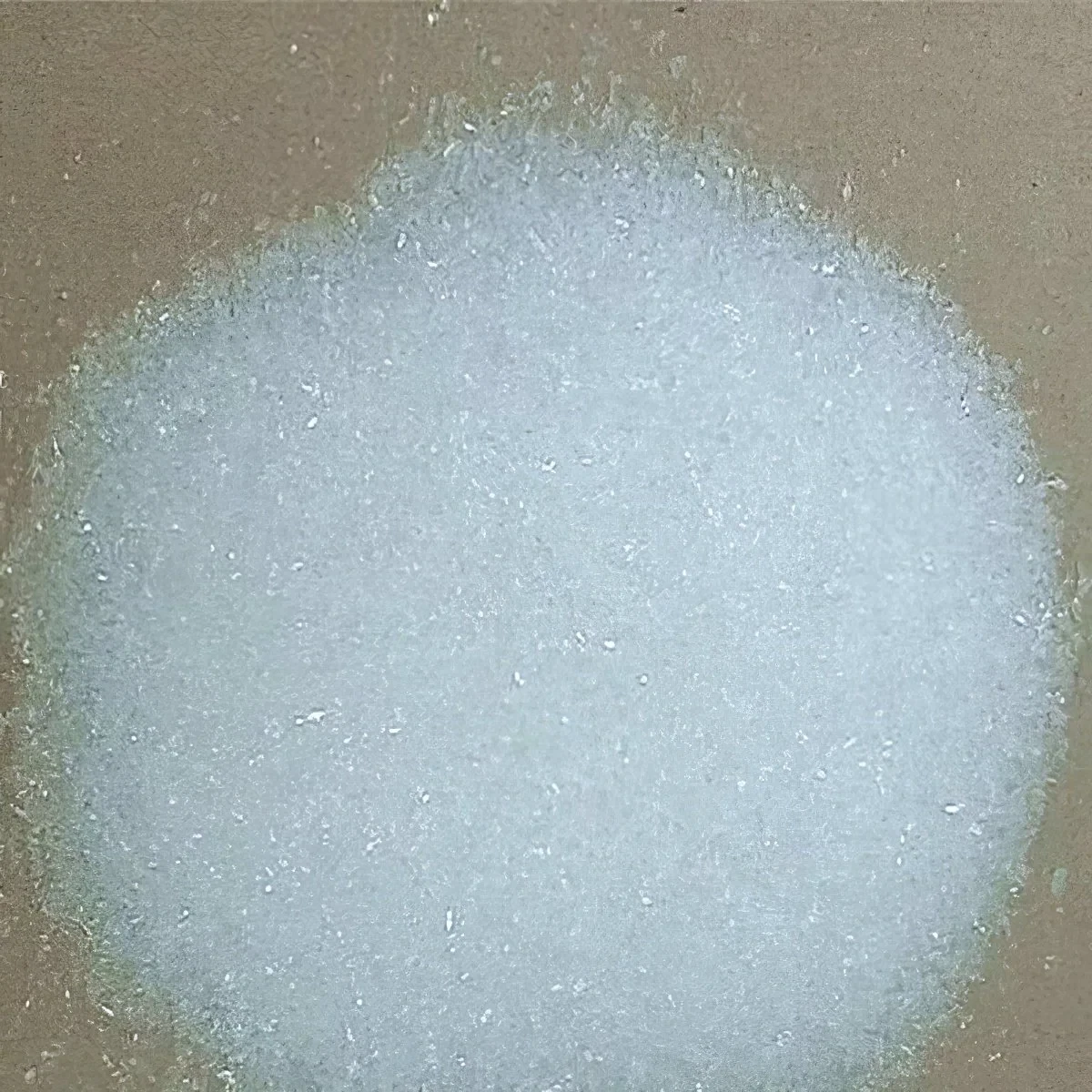



agrochemistry
The Role of Agrochemistry in Sustainable Agriculture
Agrochemistry, the branch of chemistry that focuses on the study and application of chemical compounds in agriculture, plays a critical role in enhancing agricultural productivity and ensuring food security in an ever-growing global population. By examining the interplay between crops, soil, pests, and environmental factors, agrochemistry provides the tools necessary to optimize agricultural practices, promote sustainable farming, and mitigate the effects of climate change.
At the heart of agrochemistry is the development and application of fertilizers, pesticides, and herbicides. Fertilizers are essential for replenishing soil nutrients that are depleted through continuous cropping. They enhance plant growth and yield by providing essential nutrients such as nitrogen, phosphorus, and potassium. However, their application must be carefully managed to prevent environmental pollution, such as waterway eutrophication. Precision agriculture techniques, which involve the use of technological tools like GPS and soil sensors, allow farmers to apply fertilizers more efficiently and reduce excessive runoff, thereby promoting sustainability.
Pesticides, including insecticides, fungicides, and herbicides, are crucial for attacking pests and diseases that threaten crop yields. These chemical agents protect plants from a variety of harmful organisms, thus ensuring stronger harvests. Nevertheless, the use of pesticides raises significant environmental and health concerns. Agrochemists are continuously working to develop safer, more targeted pesticides that minimize harm to beneficial insects, wildlife, and humans. Integrated Pest Management (IPM) strategies also combine biological, cultural, and chemical practices to manage pest populations sustainably, reducing dependency on chemical pesticides.
Herbicides, which control unwanted weeds, are another significant component of agrochemistry
. Effective weed management is essential for crop health and yield. However, the overreliance on herbicides has led to the emergence of resistant weed species, making management increasingly difficult. To combat this phenomenon, agrochemists are exploring alternative weed management strategies, such as the use of cover crops, crop rotation, and the development of herbicide-resistant crop varieties through biotechnology.agrochemistry

The innovation in agrochemicals has not been without challenges. The environmental impact of chemical usage can be profound, leading to soil degradation, loss of biodiversity, and contamination of water sources. Thus, the principles of green chemistry are being increasingly integrated into agrochemical development. Green chemistry emphasizes the design of chemical products and processes that minimize hazardous substances, enhance energy efficiency, and utilize renewable resources. This shift is vital for aligning agrochemistry with sustainable agricultural practices.
Another area of growing importance within agrochemistry is biopesticides and biofertilizers. These organic alternatives, derived from natural materials, pose fewer risks to the environment and human health. Biopesticides often target specific pests without harming beneficial organisms, while biofertilizers can enhance soil fertility and crop productivity through natural processes. The adoption of these innovative solutions can reduce the chemical load in agriculture while maintaining high productivity.
Furthermore, advances in agrochemical research are paving the way for precision agriculture, which utilizes data-driven approaches to improve farming efficiency. By integrating biological information with cutting-edge technology, farmers can make informed decisions regarding the best practices for crop management. This includes optimal timings for planting and harvesting, as well as targeted applications of agrochemicals based on real-time data.
In conclusion, agrochemistry is essential for modern agricultural practices, playing a significant role in food production and sustainability. Through the development of fertilizers, pesticides, and innovative agricultural practices, agrochemists are addressing the challenges posed by a growing population and changing climate. The ongoing research and application of green chemistry principles, biopesticides, and precision agriculture will be crucial in achieving a balance between agricultural productivity and environmental stewardship. As society continues to grapple with food security and sustainability issues, the insights and advancements in agrochemistry will undoubtedly shape the future of agriculture, ensuring that we can produce enough food for generations to come while safeguarding our planet.
-
Sodium Chlorite Hot UsesNewsJul.01,2025
-
Sodium Chlorate ApplicationsNewsJul.01,2025
-
Smart Use Of Sodium ChloriteNewsJul.01,2025
-
Power Of Sodium BisulfateNewsJul.01,2025
-
Potassium Monopersulphate & Sodium Chlorite: Key to Effective Cleaning SolutionsNewsJul.01,2025
-
Pool Water Treatment GuideNewsJul.01,2025
-
Why Strontium Carbonate Still MattersNewsJun.06,2025










